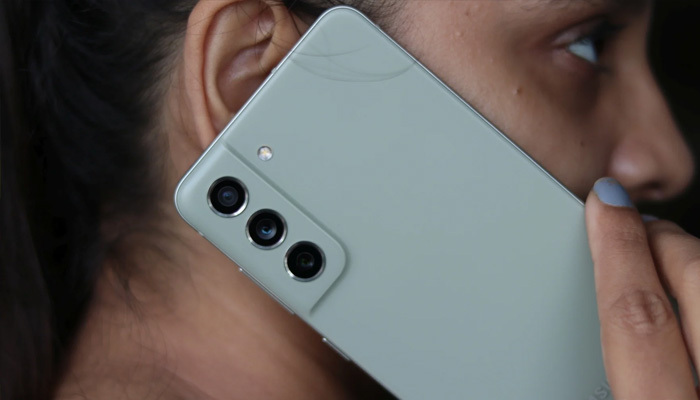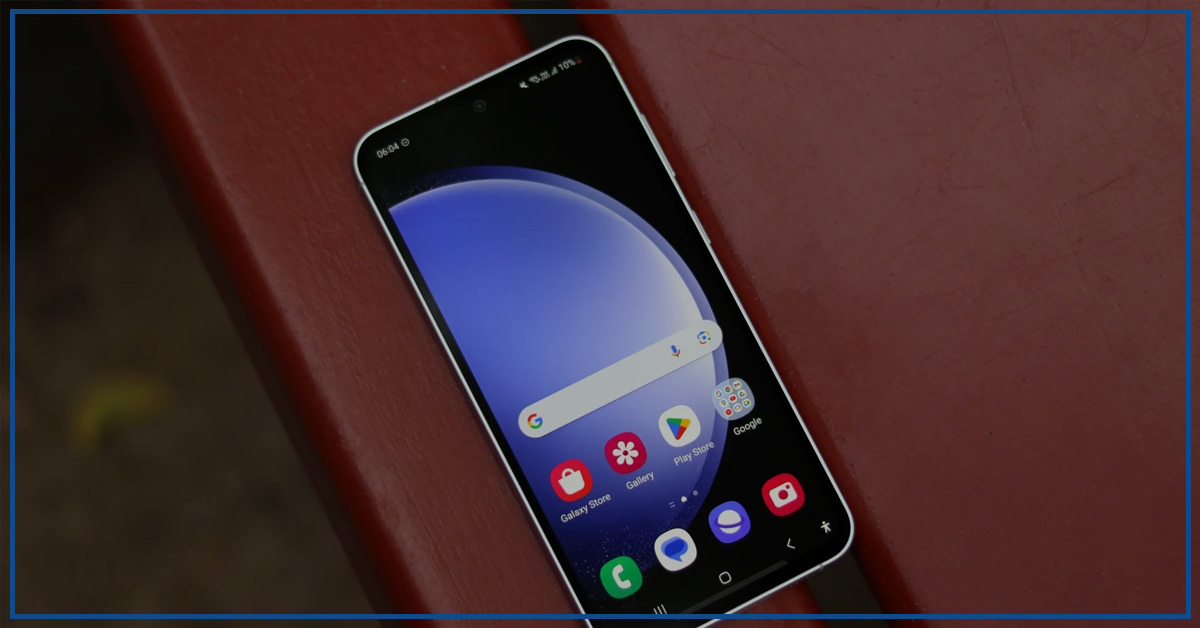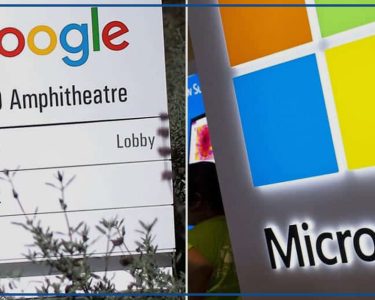Recent disclosures have unveiled Google’s strategy to guarantee regular software updates and improved smartphone upkeep by distributing advertising revenue derived from Google Search among various smartphone brands.
However, a recent development discloses that Google is not only financially engaging with brands like Samsung but is also paying them to have certain apps as default on Android devices.
According to a report by Bloomberg, Google has committed a staggering $8 billion over four years to Samsung. The purpose? To secure Google Assistant, Google Play Store, and Google Search as the default voice assistant, app store, and internet search engine on Galaxy smartphones and tablets.
This strategic move is revealed by James Kolotouros, Google’s Vice President for Partnerships, during an ongoing antitrust trial against the tech giant.
During the trial, Kolotouros explained that Google’s motivation was to dissuade Android device manufacturers from integrating competing services into Android smartphones.
For instance, Samsung, with its Bixby voice assistant and Galaxy Store app platform, posed a potential challenge. Google’s payment to Samsung aims to maintain its dominance in the Android ecosystem by discouraging the adoption of non-Google default apps.
Kolotouros disclosed that Samsung holds a pivotal position in contributing to Google’s revenue, constituting more than half of the earnings derived from the Google Play Store.

This revelation brings into focus Google’s covert initiative, known as Project Banyan, crafted to curb the expansion of third-party app stores in the Android ecosystem.
In a bid to reinforce its influence, Google employs strategic incentives to encourage Android device manufacturers to prominently feature its apps on the home screen.
The revelation elucidates Samsung’s adjusted approach to developing applications. The corporation reduced its focus on developing in-house apps like Bixby, Play Store, and Samsung Messages.
This shift in focus aligns with Google’s strategy to maintain control over default apps, ensuring a streamlined user experience and thwarting potential competition.
As the tech industry witnesses these behind-the-scenes maneuvers, the symbiotic relationship between Google and smartphone giants like Samsung becomes more apparent.
The financial exchanges and strategic partnerships unveiled in the courtroom shed light on the intricate dynamics shaping the Android ecosystem.
The impact of such collaborations on innovation and fair competition remains a central theme in the ongoing antitrust trial, questioning the fine line between collaboration and anti-competitive practices in the tech world.





